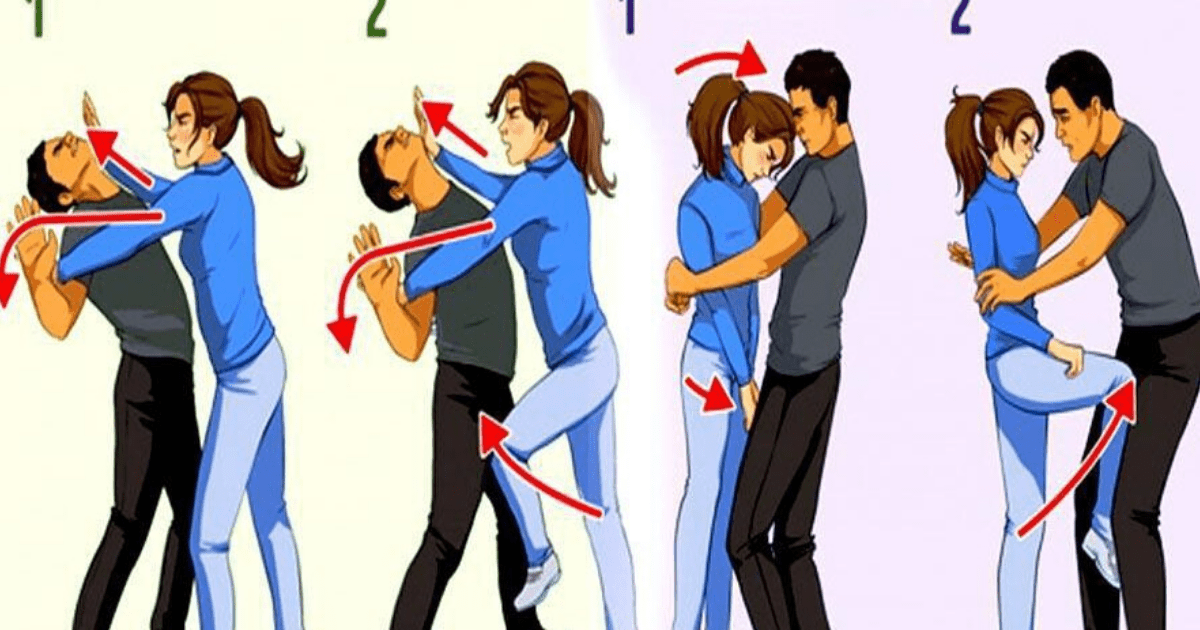To qualify for self-defense under the law, you must reasonably fear immediate harm – a concept called “immediacy.” Your action must not invalidate the self-defense claim, such as baiting the attacker into a confrontation or using lethal force. However, there are certain situations when you should never use force in self-defense. For example, you cannot use deadly force if your attacker is armed. If you’re attacked, you must be reasonably afraid of further harm – or you’ll lose the right to claim self-defense.
Laws relating to self-defense
There are many misconceptions regarding self-defense and the law. For instance, many people think a person must always retreat when facing an attack. However, in some states, you can use force to protect yourself if you have reasonable grounds to believe you are in danger. In addition, you must always use force proportional to the threat. There are even laws that limit the use of lethal force. Hopefully, these laws will help you make the right choice for yourself.
If you are defending yourself or another person from an attack, you may be able to use deadly force. However, you must be certain that the attack is a serious one. If you are attacked, your attacker may seriously hurt, kidnap, or sexually assault you. Contact a criminal defense attorney if you are unsure whether you have the legal grounds for defending yourself. Your attorney can help you learn more about the laws surrounding self-defense.
Justification
The justification for self-defense is a legal defense that allows for using physical force when the victim reasonably fears harm or a threat to oneself. However, the justification for self-defense must be objectively reasonable and proportionate to the danger or threat. In most cases, using deadly force is not justified when the person has provoked the attacker or encouraged them to attack. However, there are exceptions to this rule. In particular, if the attacker had threatened the victim with a weapon, this would be a valid defense.
The law says that a person must have a reasonable belief in the danger posed by the person threatening him or her. This belief must be reasonable in light of the nature and circumstances of the threat. The reasonable person must believe that the situation he or she is facing is dangerous and can only be prevented by using force. However, the justification for self-defense is not absolute. It is a legal defense that is available in certain circumstances.
Level of force required
The level of force required in self-defense is a very complex subject. The definition of deadly force is ambiguous, and civilians often use different definitions than law enforcement. Although everyone must exercise some degree of self-preservation, police officers must be aware of the line between disproportionate and excessive force. They must balance the value of life with the need to respond to an imminent threat. In most instances, the appropriate force is much less than necessary to protect oneself.
A woman may need to use higher force in self-defense if a large man assaults her. She may be unable to defend herself against a large man’s nonlethal attacks, so using force is the best option. Although it may seem counterintuitive, the law allows nonlethal force in some circumstances. In addition, the law considers the disparity in force between the attacker and the victim.
Imperfect self-defense
In some jurisdictions, a common law doctrine called imperfect self-defense may be invoked by a defendant. This defense enables a defendant to mitigate punishment or sentencing. It has become increasingly popular in recent years. However, the doctrine is not always effective. Its application in individual cases depends on the individual case. Here are some common mistakes to avoid if you’re using imperfect self-defense. You may want to research your case and its specifics.
When determining whether you should use the defense of imperfect self-defense, it is important to understand the law and the nuances of the case. Several courts have applied this doctrine to cases involving murder. While many states don’t recognize the doctrine, many courts have found it valid. Imperfect self-defense allows the defendant to reduce punishment if they believe they must protect themselves. However, it doesn’t apply to gang violence, domestic violence, or sexual assault.
________________________________________________________
If you are interested in selling self-defense products, Click Here!
Did you miss our previous article…
https://www.safetytechnology.com/how-to-prepare-a-pepper-spray-gun/






